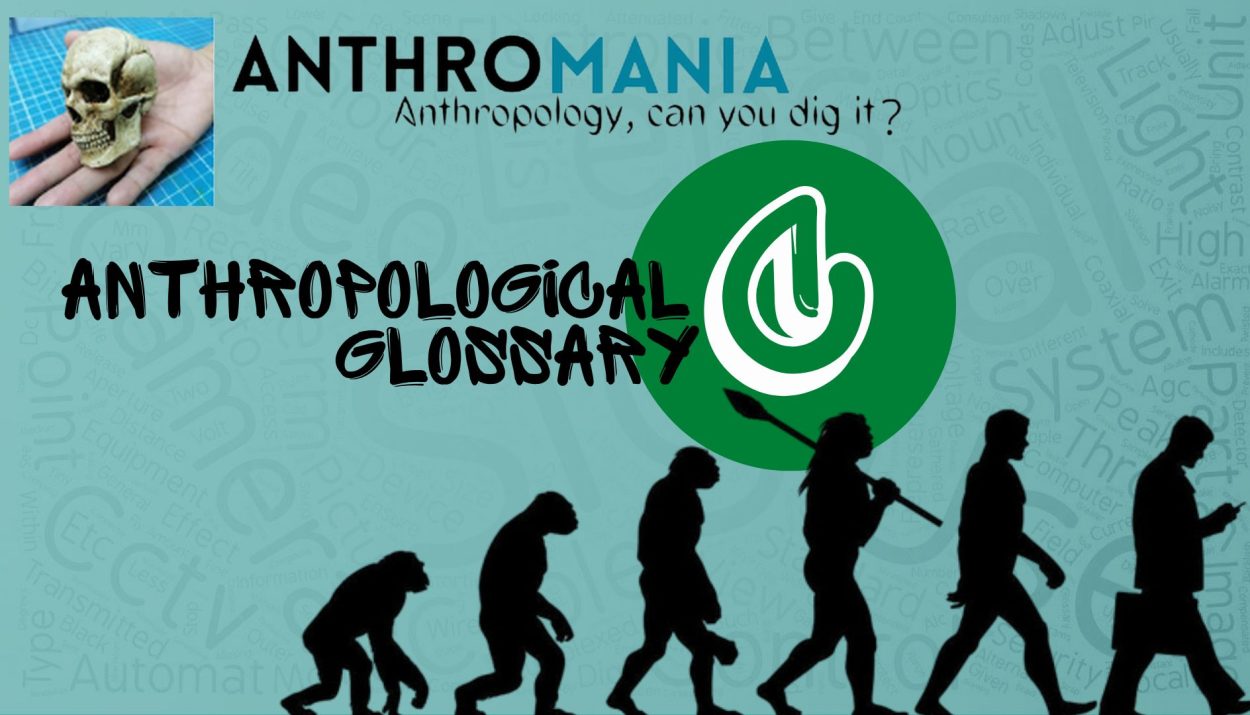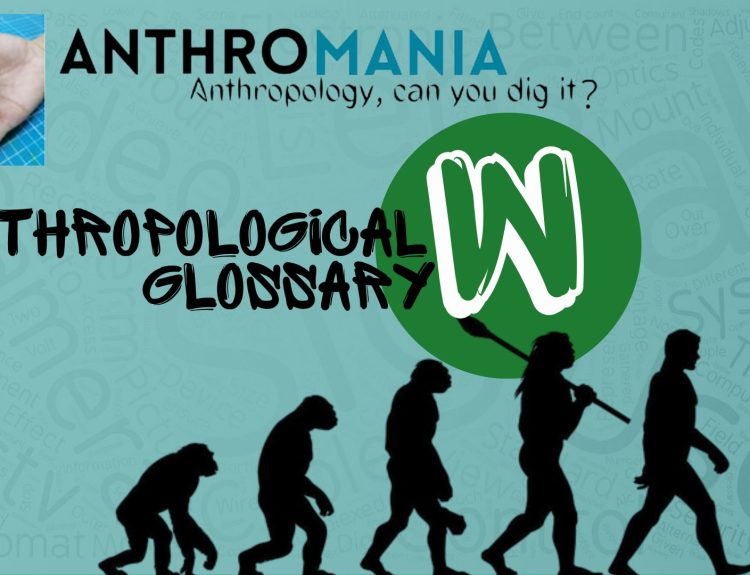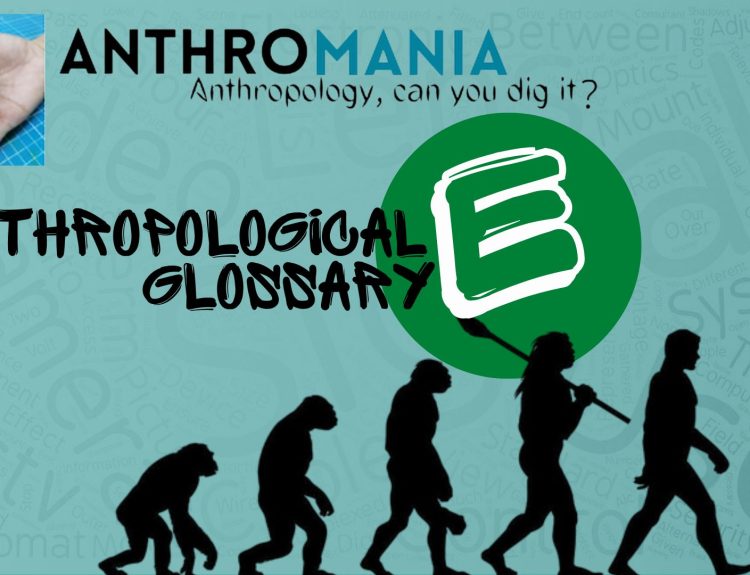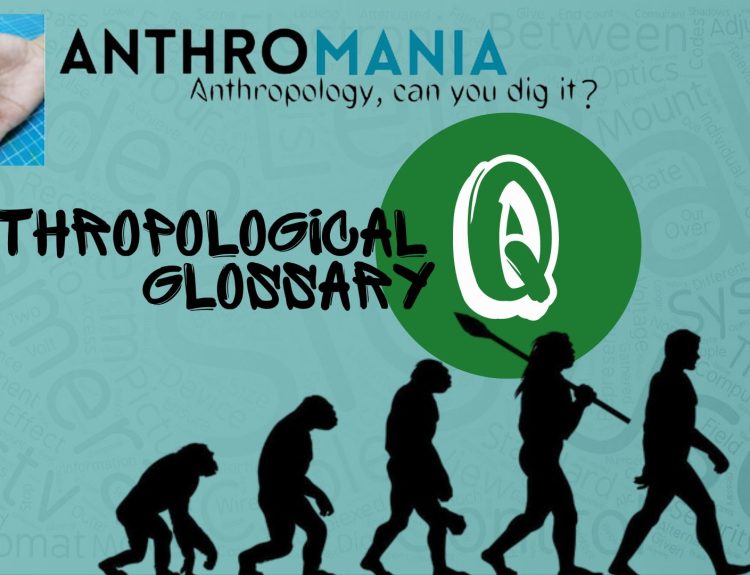The article “Anthropological Glossary (Letter C)” aims to elucidate fundamental terminology employed in the field of anthropology.
Carbon-14 dating: or radiocarbon dating, is a scientific method used to determine the age of organic materials by measuring the decay of carbon-14 isotopes within them. It’s effective for dating archaeological and geological samples up to around 50,000 years old, providing valuable insights into the timeline of past events and artefacts.
Case study: A qualitative analysis. The case study involves an intensive investigation of a particular unit.
Cell cycle: The cycle of cell growth and cell division.
Cell division: A fundamental biological process in which a parent cell divides into two or more daughter cells.
Centralized authority: A system of governance or organization where decision-making and control are concentrated in a single, central entity or authority.
Chiefdom: A political organization found in some societies. It’s characterized by a central authority figure, often a chief or leader, who holds significant power and control over resources.
Chromosome: A thread-like structure found in the nucleus of eukaryotic cells, such as those in humans. It carries genetic information in the form of DNA and proteins.
Civilization: an advanced stage of human social and cultural development characterized by organized societies, complex institutions, technological advancements, written language, and the capacity for urbanization.
Clan: A social group consisting of people who claim a common ancestor but may not necessarily be closely related by blood.
Cognates: People sharing a common ancestor.
Colonization: The process by which a powerful nation or group extends its control over another territory or people, often involving the establishment of settlements, governance, and exploitation of resources in the colonized region.
Consanguine family: males could form sexual relationships with any female. Even marriage between blood relatives was not forbidden.
Consanguineal kinship: This kinship is based on blood. For example- the relationship between parents and children, between siblings etc.
Couvade: A cultural practice in which fathers-to-be engage in rituals or behaviours that mimic pregnancy symptoms and experiences as their partners are expecting a child.
Crop circles: Intricate, geometric patterns that appear mysteriously in crop fields, often in the form of flattened crops. They have been a subject of speculation and controversy, with some attributing them to extraterrestrial or paranormal origins, while most are created by humans as elaborate hoaxes or forms of artistic expression.
Cross-Cousin Marriage: A marriage practice in which individuals marry their cousins from the opposite parental lineage (i.e., mother’s brother’s daughter or father’s sister’s son).
Cross-Cultural Comparison: The practice of studying and comparing cultural practices, beliefs, or phenomena across different societies to identify similarities and differences.
Crow kinship: One of the six patterns of kinship terminology. Read- Patterns of Kinship Terminology
Cultural Anthropology: A subfield of anthropology that focuses on the study of living cultures and societies, examining their practices, beliefs, and social structures.
Cultural appreciation: Respectful and ethical engagement with elements of a culture other than one’s own.
Cultural appropriation: The adoption or use of elements from one culture by members of another culture, often without proper understanding or respect. It can involve fashion, art, language, or practices. When done insensitively or without permission, it can perpetuate stereotypes and disrespect the source culture.
Cultural Determinism: This means culture is self-generated. Culture determines other things.
Cultural Diffusion: The process by which cultural traits discovered or invented at one place or society are spread directly or indirectly to one other place or society.
Cultural Ecology: The study of the relationship between a culture and its environment, exploring how culture adapts to and influences the natural world.
Cultural Evolution: The process by which human cultures and societies change and develop over time. It involves the transmission, adaptation, and modification of cultural elements, such as beliefs, practices, technology, and institutions, from one generation to the next.
Cultural Heritage: The legacy of tangible and intangible attributes, traditions and customs that are inherited from past generations and preserved for future generations.
Cultural Hybridity: The blending and mixing of cultural elements from different sources, often resulting in the creation of new cultural expressions and identities.
Cultural Imperialism: The imposition of one culture’s values, beliefs, and practices on another culture, often facilitated by media, technology, or economic influence.
Cultural Materialism: An anthropological theory that examines the influence of material and economic factors on cultural beliefs, practices, and social organization.
Cultural Mobility: The movement, exchange, and diffusion of cultural elements, ideas, practices, and artefacts across different regions or societies.
Cultural Relativism: The perspective that cultural practices and beliefs should be understood within their own cultural context, without imposing one’s own cultural values and judgments.
Cultural Revival: Efforts by a community to rediscover, promote, and revitalize their traditional cultural practices, often in response to cultural erosion or external influences.
Culture: the shared beliefs, values, customs, traditions, behaviours, and artefacts of a group of people.
Culture area: The geographical area that shows cultural similarities or the area in which similar cultures are found.
Culture centre: The centre point of the culture area.
Culture circle: The whole area where diffused traits are found.







